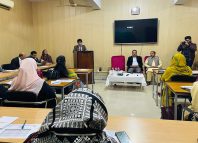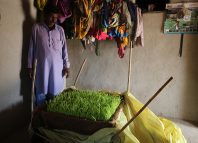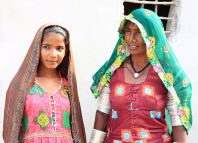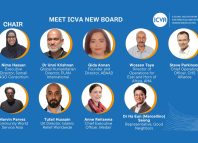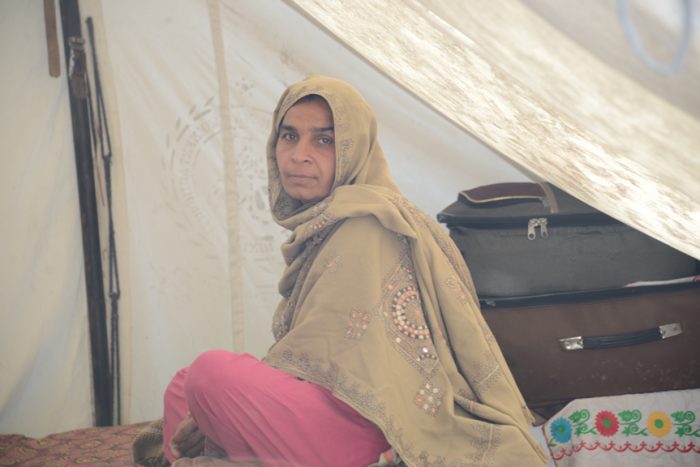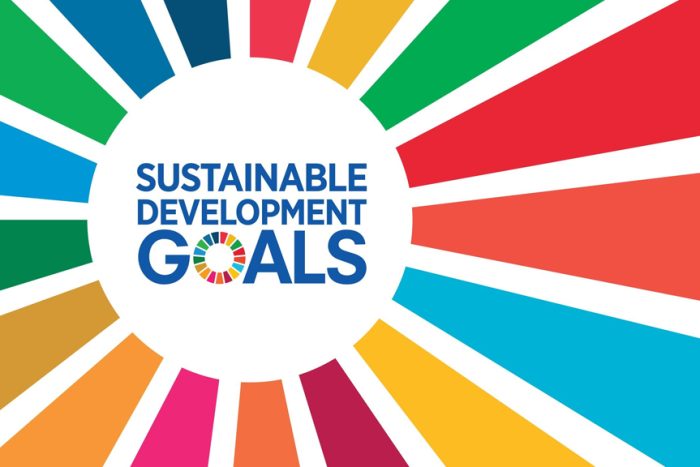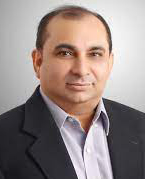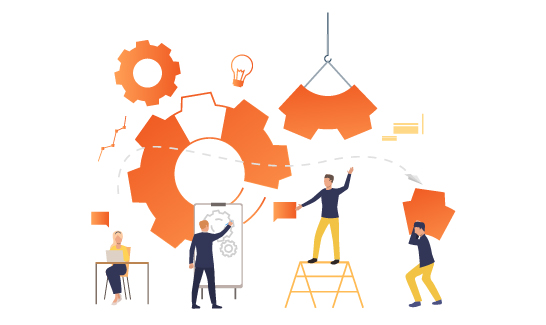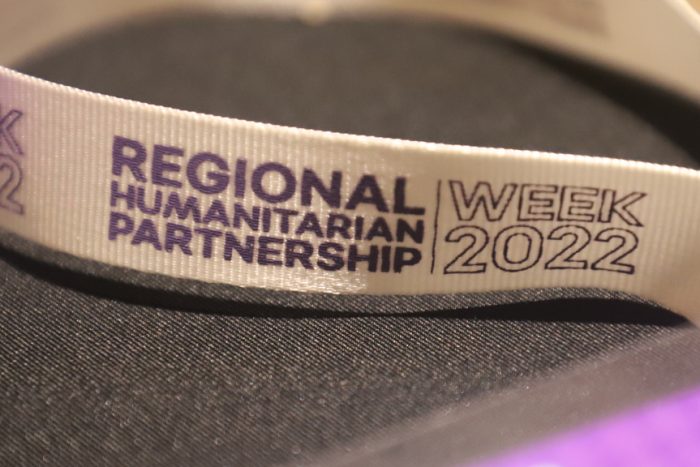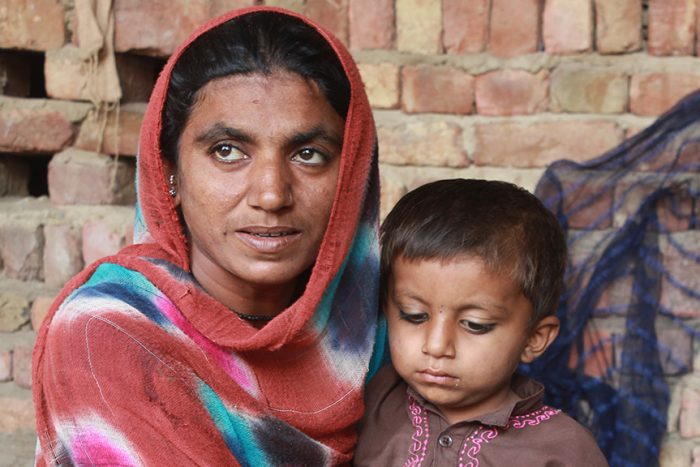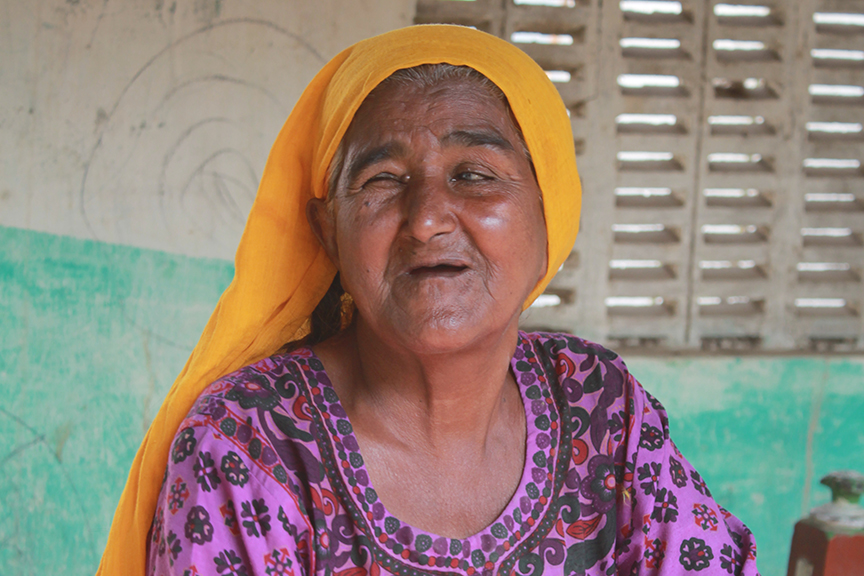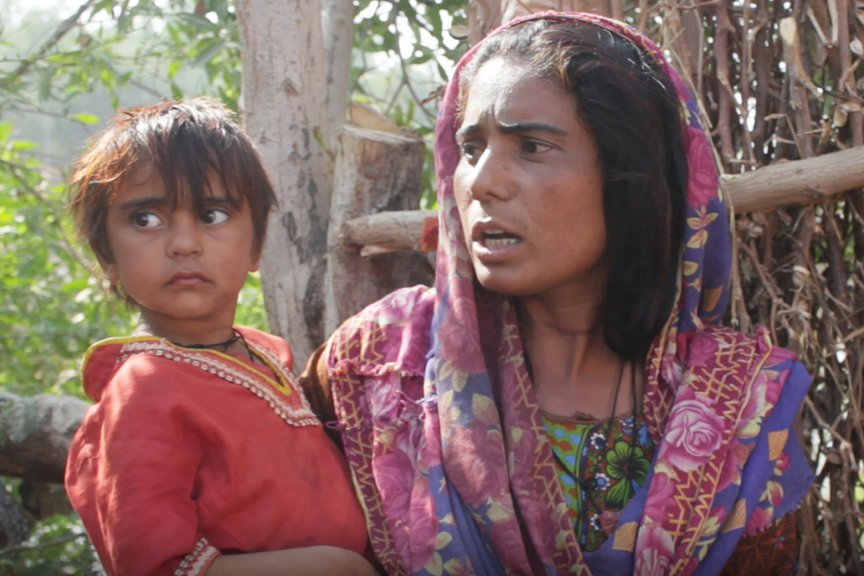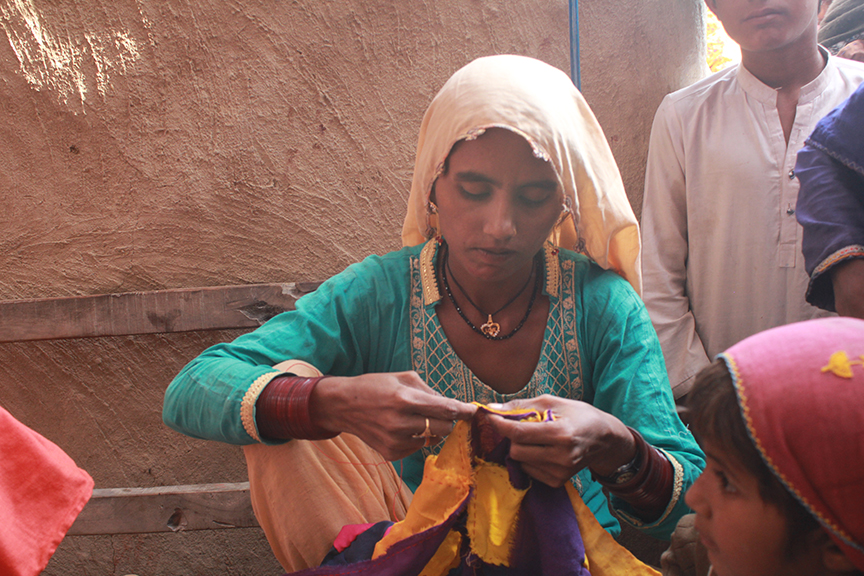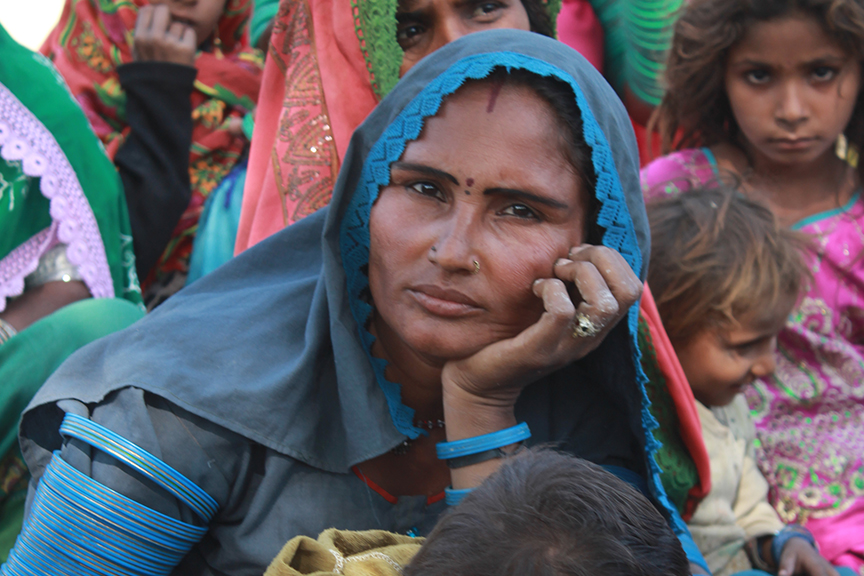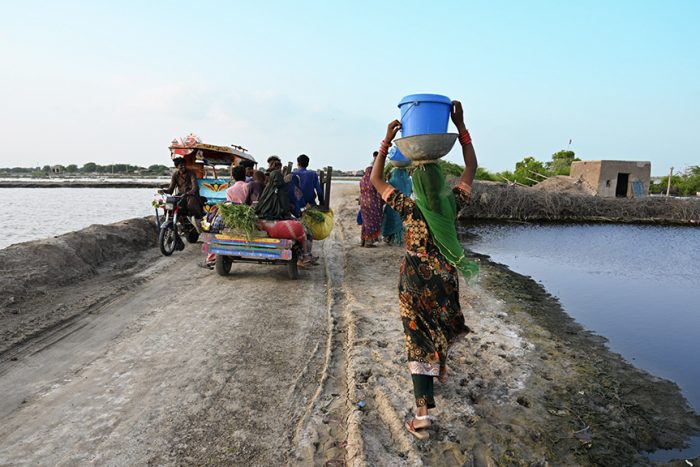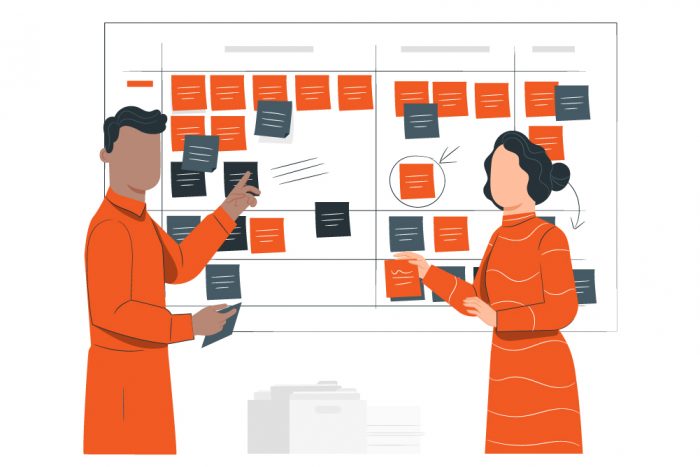It is an essential responsibility of development and humanitarian organizations to ensure that the communities we work with feel safe. Safeguarding is a key pillar of any accountability mechanism and its incorporation in organizational policies, procedures and norms is paramount.
In light of the flood response in Pakistan, Community World Service Asia has launched a coaching and mentoring series on Safeguarding. This series, initiated in October 2022 and ending in January 2023, is led by Ester Dross, who has over 25 years of specializing in accountability, prevention of sexual exploitation and abuse, gender and child protection.
Through this platform, an estimate of 25 local emergency response organisations are mentored on how to address difficulties and concerns connected to maintaining and adopting Safeguarding standards, tools, and practices throughout the humanitarian program cycle.
Session 1- Safeguarding: From Theory to Practice
The first session, held on 26th October 2022, discussed the concept of Safeguarding and its distinction from protection. Ester also elaborated on the limitations and organisational responsibilities towards mainstreaming safeguarding in humanitarian action.
“It is important to discuss how we can move from theory to practice such that safeguarding policies are actionable, practical, widely applicable and well-known to staff as well as community members. Safeguarding entails that organisations have policies and procedures in place, from a Code of Conduct and safe reporting mechanism to recruitment procedures as well as appropriate disciplinary follow-up,” shared Ester.
Organizations can use international conventions and national legislations as the minimum benchmark in developing safeguarding policies but their norms should never be lower than legal norms. To ensure a strong safeguarding mechanism, organisations ought to have policies and procedures in place, from a Code of Conduct to a safe reporting mechanism, investigation systems and recruitment/vetting procedures as well as appropriate disciplinary follow-up in case of substantiated breaches.
Session 2- Integrating Safeguarding in Policies and Structures
The second session focused on how safeguarding can be incorporated in organizational policies and structures such as in human resource management and project design in a contextualised manner while also establishing strong support networks for safeguarding incidents.
“Contextualising safeguarding policies and procedures is not a one-fits-all approach. It could be subject to country, region and even project. While some elements should be contextualised including the program cycle, project design, logistics CRM channels and job descriptions, some elements are universal and thus applicable everywhere such as PSEA Rules and minimum standards,” said Ester Dross, in the second session on November 15.
“Aspects of safeguarding can be integrated in an organisation’s HR systems, security clearance and capacity building activities. Humanitarians have to be oriented on why safeguarding structures, policies and systems are vital to exist in any workplace,” shared a participant.
Session 3: Establishing an Effective Complaints Response Mechanism
Marking halfway through the series, the third session on 24th November 2022 focused on how an organization can establish or adopt a complaints response mechanism especially for an emergency situation within its accountability framework.
“As one of the fundamental pillars of ensuring safeguarding, a robust CRM is marked by four key elements- accessibility, transparency, confidentiality, and safety & security. It is ultimately about giving power to the people throughout the process- not only receiving complaints but also addressing and resolving them,” said Ester Dross.
Through breakout room and large group discussions, participants also brainstormed what an emergency set up of an effective CRM should incorporate. The session emphasized on including safeguarding policies in vendor contracts, displaying safeguarding and CRM messages in local languages. Ester stressed on establishing a robust follow-up mechanism and enforce a zero-tolerance policy on sexual abuse and other forms of exploitation. Ester added, “It is essential to adopt timeliness, and set up accessible reporting methods. Along with being trained to handle complaints effectively, staff needs to be clear on their roles and responsibilities.”
Session 4: Setting up a Community Based Complaints Mechanism
Establishing a community-contextualised complaints system that enables local communities to exercise their right to make complaints is essential. An effective Complaints Response Mechanism (CRM) does not only constitute receiving complaints but also investigating them and communicating clearly about the process to communities and how to respond to it.
The fourth session, held on 6th December 2022, continued the discussion on developing an effective CRM (carried on from session 3). Participants examined the elements that organisations need to consider while communicating about CRM and safeguarding with their staff, external partners and communities. It emphasised on ensuring staff’s capacity building on safeguarding and CRM, having an agreement with partners on minimum standards of safeguarding to be followed and using local languages and terms when engaging with communities.
“Key messages related to safeguarding and CRM should be displayed at the workplace. It is always good to be reminded that one is working in a safe environment”, shared a participant in the virtual event.
Session 5: Accountability and Safeguarding
The fifth session, held on 20th December, focused on identifying various humanitarian networks and their role in safeguarding and explored specific links between accountability and Preventing Sexual Exploitation, Abuse and Harassment (PSEAH). A participant in the virtual session shared, “Networks to provide legal, medical, psychosocial, and safety support are a concrete example of moving from theory to practice in the context of safeguarding but this is not without its challenges. Organisations in Pakistan are hindered by a lack of connectivity and mapping in the context of safeguarding.”
In the breakout rooms and open plenary, participants discussed what organisations need to think of, evaluate, and set up in reference to commitments of the Core Humanitarian Standard to PSEAH.
Key Takeaways from the session
- Aid organisations must identify specific vulnerabilities of communities to safeguarding and ensure that additional risks are not created
- Staff must be oriented on how to respond to a sensitive issue or complaint – in terms of behaviour, language and messaging
- It is essential for staff to have cultural intelligence competency to respect and understand local norms
- Organisations must coordinate with other stakeholders (especially government and non-governmental) to ensure a complementary and effective response that places communities at the centre.
Session 6- The Finale – Safeguarding Investigations
The coaching and mentoring series on safeguarding was concluded on 10th January 2023 with the last session focusing on investigation procedures around sensitive complaints and corresponding responsibilities within an organisation.
Participants shared the principles of an investigation and gained clarity on the processes. Group discussions focused on distinguishing the key roles of each member in the investigation process; i,e., that of the focal point, investigation team, investigation manager, and senior management.
“While there are general guidelines on key roles and responsibilities in an investigative process, it is always an organisational decision on how to exactly formulate it. What is important is that the process places survivors at the centre, that it is fair, structured and professional following thorough analysis of all evidence,” shared Ester.
Participants’ Insights
1. “Participating in the safeguarding series was one of a kind experience. The quality of the content was excellent and the trainer presented it with great expertise. The interactive digital tools used during the series, including Jamboard, breakout rooms and quizzes was quite effective and engaging. Being able to relate theoretical concepts with practical examples, and getting the opportunity to discuss our own experiences and challenges made this learning series very useful and informative for me.”
Mazhar Hussain, READ Foundation
2. “The knowledge I received through the series helped me comprehend how to stop harm from happening before it occurs, how to acknowledge and handle complaints, and how to guarantee the complainant’s confidentially. The information obtained will help to educate people about our investigation procedures and to bring to light problems that endanger women and children. It will also assist us in creating a robust system to protect women and children.”
Samreen Najeeb, Protection & Human Rights Organisation (PHRO)
3. “The virtual coaching and mentoring series on Safeguarding training series was an overall good experience albeit a few connectivity issues. I found the series to be quite insightful as most of the topics were new to me especially CRM, difference between protection and roles and responsibilities of different stakeholders in ensuring safeguarding, and accountability. This training will be helpful to our organisation to build changes in our current safeguarding policy, staff training and field implementation.”
Noor-ul-Amin Keerio, SAFE Pakistan

